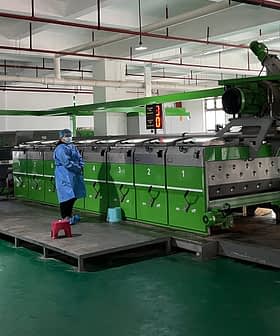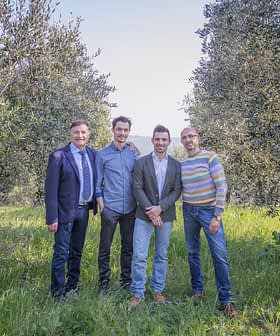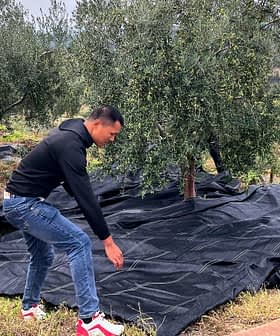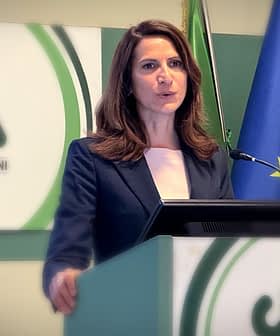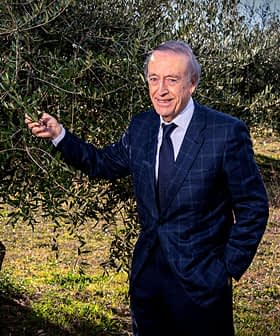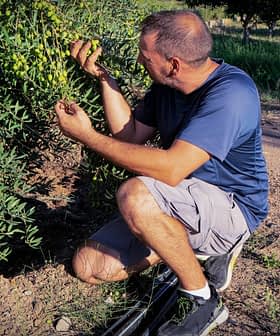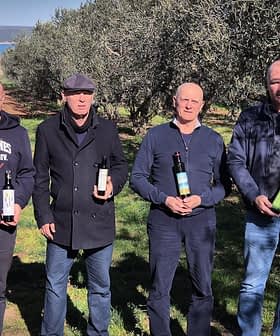Portuguese Producers Highlight Quality as the Cornerstone of Promotional Efforts
After achieving their second-biggest harvest ever, Portuguese producers celebrated impressive results at the World Olive Oil Competition.
 Portuguese producers capped off a bumper harvest with 30 awards at the NYIOOC. (Photo: Acushla)
Portuguese producers capped off a bumper harvest with 30 awards at the NYIOOC. (Photo: Acushla) Portuguese olive oil producers celebrated a successful harvest in 2023/24, with Casa de Santo Amaro and Acushla among the award-winning companies. Despite challenges such as drought, rising costs, and labor shortages, producers are optimistic about the upcoming 2024/25 harvest, with expectations of favorable conditions.
After celebrating the country’s second-biggest harvest in the 2023/24 crop year, producers in Portugal anticipate another good harvest in 2024/25.
Portuguese olive oil production reached 157,600 tons, exceeding the five-year average by 17 percent and fell less than 50,000 tons short of the record-high 206,200 tons recorded in 2021/22.
These awards highlight the exceptional quality and craftsmanship that Portuguese producers bring to the table. They help to elevate the reputation of Portuguese olive oil on the global stage.
Still, the benefits of a bumper harvest did not spread evenly across the Iberian country. While Alentejo, the largest olive-growing region by a significant margin, enjoyed a fruitful yield, producers in the north had below-average harvests.
Despite their challenges, including the impacts of the region’s unprecedented drought from 2022 to 2023, rising production costs and labor shortages, Portuguese producers still maintained award-winning quality levels.
See Also:The best extra virgin olive oil from PortugalProducers from Europe’s third-largest producer (overtaking Greece for the first time) combined to earn 30 awards from 56 entries at the 2024 NYIOOC World Olive Oil Competition.
Among the country’s biggest winners was Casa de Santo Amaro, which earned five awards at the competition.
“These three Gold Awards and two Silver Awards are the result of a huge effort by all the Casa de Santo Amaro team, which works daily to make this recognition possible,” said co-owner António Pavão. “I believe that these awards are very important for our company and have an important impact on the notoriety of all Portuguese olive oils.”
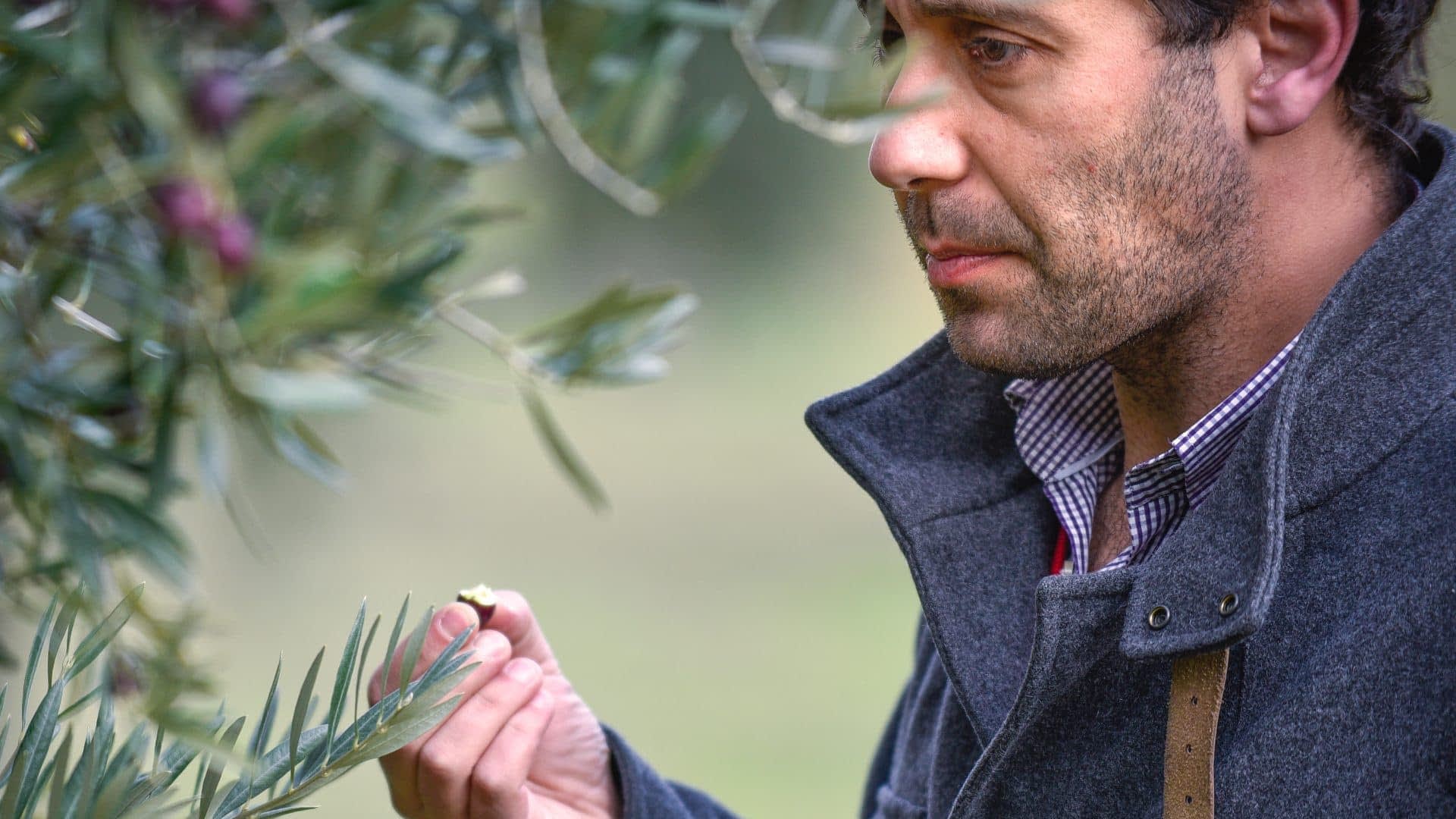
António Pavão said success at the NYIOOC elevates the profile of Portugal as an olive oil producer on the world stage. (Photo: Casa de Santo Amaro)
Unlike many other producers across the country, Pavão said Casa de Santo Amaro suffered a significant production decline in 2023/24, similar to the one suffered in 2022/23.
“But, with all the effort, dedication and professionalism of the team, we were able to harvest fresh and healthy olives and immediately produce these extra virgin olive oils of enormous quality in our mill,” he said.
“There were huge drops in production in the last two harvests, and production costs practically doubled because the costs of subsidiary materials increased a lot following unusual inflation,” Pavão added. “Unfortunately, this is a general situation in all producing countries in Europe.”
Elsewhere across the historic regions of Trás-os-Montes and Alto Duoro, producers saw their awards as a happy ending to another difficult harvest.
Situated on the border with Spain, Acushla earned a Silver Award for an organic medium-intensity blend, the company’s fifth World Competition recognition in six years.
“We know that we produce one of the best organic olive oils in the world, but receiving this validation from internationally recognized entities is an honor, especially in the American market,” said Clara Paredes Castro, a senior marketing director.
In addition to benefiting the company, Paredes said these awards add to Portugal’s international profile as a high-quality olive oil producer.
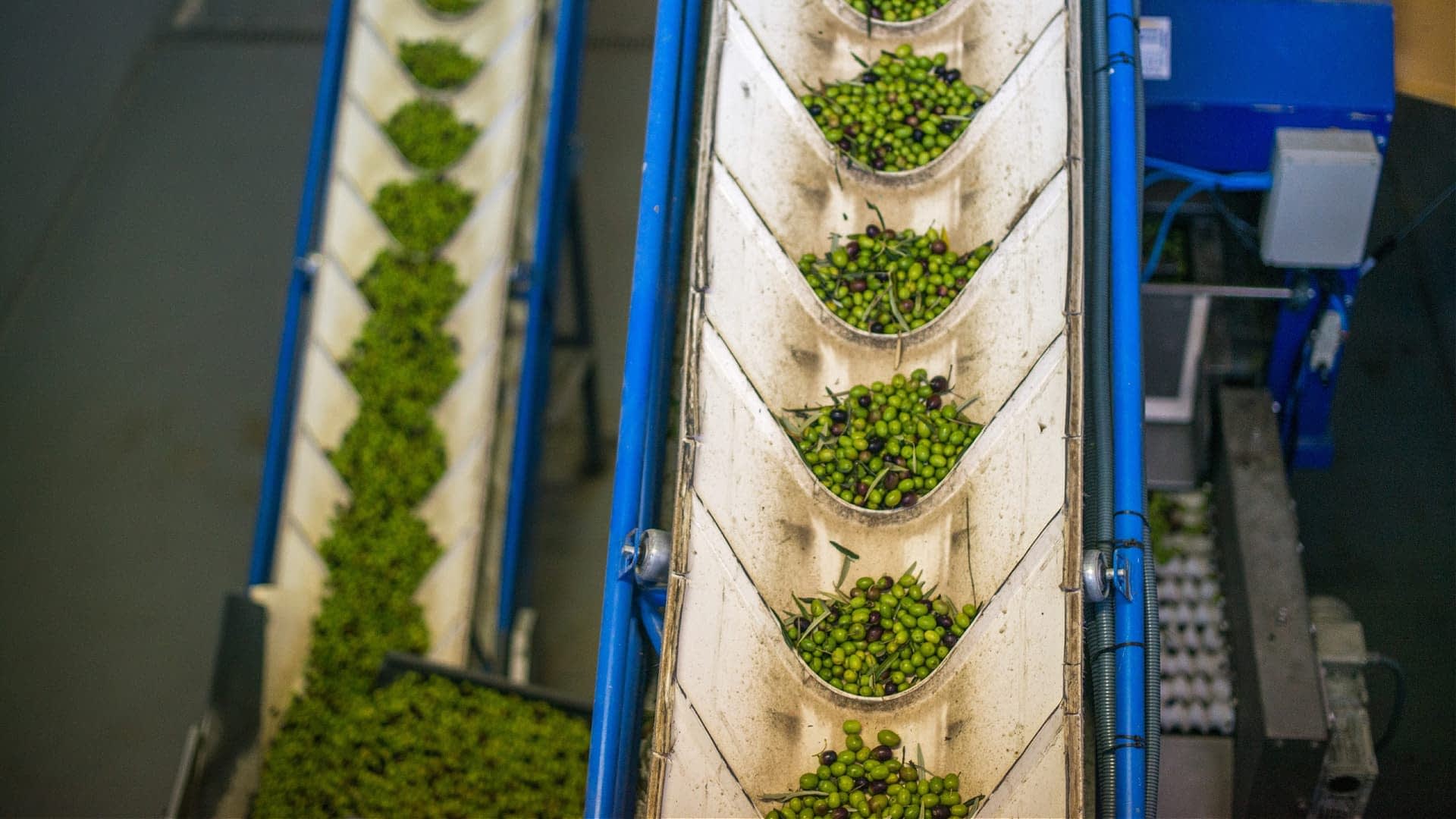
The mountainous terrain of Trás-os-Montes poses challenges thoughout the harvest, but the terroir is the basis for the region’s unique quality. (Photo: Acushla)
“We believe there is a growing perception that Portugal is a country where people eat very well and where high-quality products such as olive oil, wine and cheese are produced,” she said.
Unlike Casa de Santo Amaro, Paredes said Acushla experienced a slightly better harvest in the current crop year than the previous one, but the yield was still below previous harvests.
“The quality of the fruit remained very high, but extracting oil from it was more challenging,” she said.
Paredes cited the morphology of Trás-os-Montes as a consistent challenge to producing high-quality olive oil.
“However, this is also one of the critical success factors for the quality of our olive oil,” she said. “Our production this year was lower than expected because we chose to harvest the fruit when it was still very green, which lowers the oil yield but ensures the freshness and quality we desire.”
“Other common challenges include climate change, meteorological phenomena and the increase in raw material costs due to global events such as war,” Paredes added.
About 85 kilometers north of Acushla, another perennial NYIOOC winner also celebrated a Silver Award.
“Winning another award at the NYIOOC was an exhilarating experience for us,” said Julio Alves, the founder of Quinta dos Olmais. “This recognition not only validates our hard work but also inspires us to strive for excellence continually.”
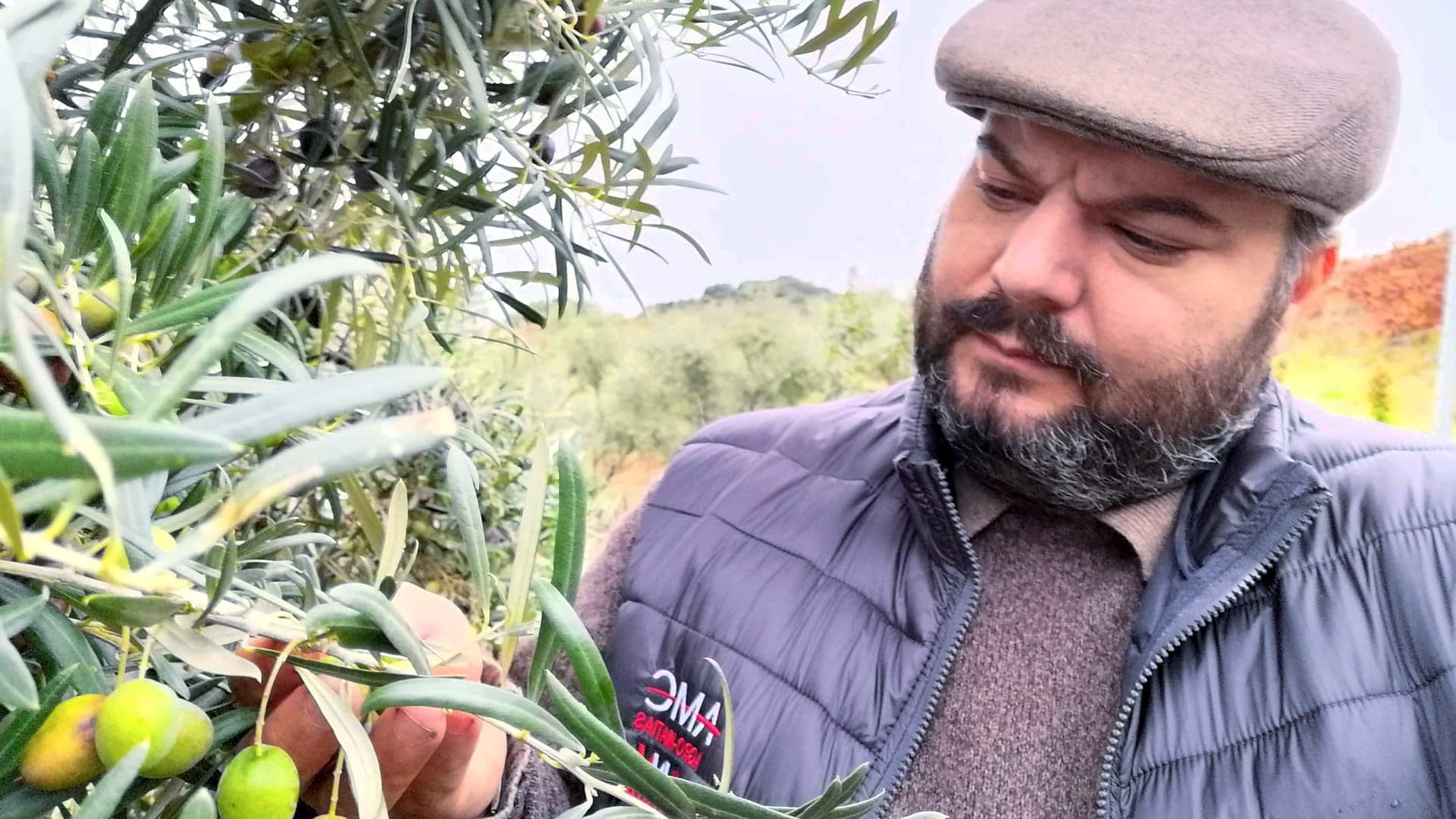
Julio Alves says conditions are ripe for another good harvest and hopes the summer weather helps his case. (Photo: Quinta dos Olmais)
Quinta dos Olmais has earned seven awards since 2016, which Alves said demonstrates the company’s commitment to quality from the outset.
“These awards have significantly boosted our brand’s credibility and reputation in the market,” he said. “They have provided us with a platform to showcase our dedication to quality and have helped us gain the trust and loyalty of consumers.”
Along with helping the brand, Alves agrees that the awards also increase the recognition of Portuguese extra virgin olive oil abroad.
“These awards highlight the exceptional quality and craftsmanship that Portuguese producers bring to the table,” he said. “They help to elevate the reputation of Portuguese olive oil on the global stage, showcasing it as a product that competes with the best in the world.”
Meanwhile, Miguel Azevedo Remédio, the commercial director of Casa Agricola Roboredo Madeira (CARM), which celebrated a third consecutive Gold award for a medium organic blend, said that winning World Competition awards set a quality benchmark for the entire industry.
See Also:CARM Celebrates Regional Taste with High-End Olive Oils and WinesWhile the Douro Superior-based producer said the company saw a slight rebound in quantity, Remédio said they significantly increased quality.
“For CARM, [the award] means that we continue on the right track and that the hard work we’ve put into last year’s harvest was compensated,” he said. “It helps a lot in continuing to build an image of quality, both for CARM and Portuguese olive oils.”
“The main challenges we face are related to the lack of water and the difficulty of finding people to work the land,” he said. “Regarding the last crop, we can’t complain much about rainfall, but human labor is still an important issue.”
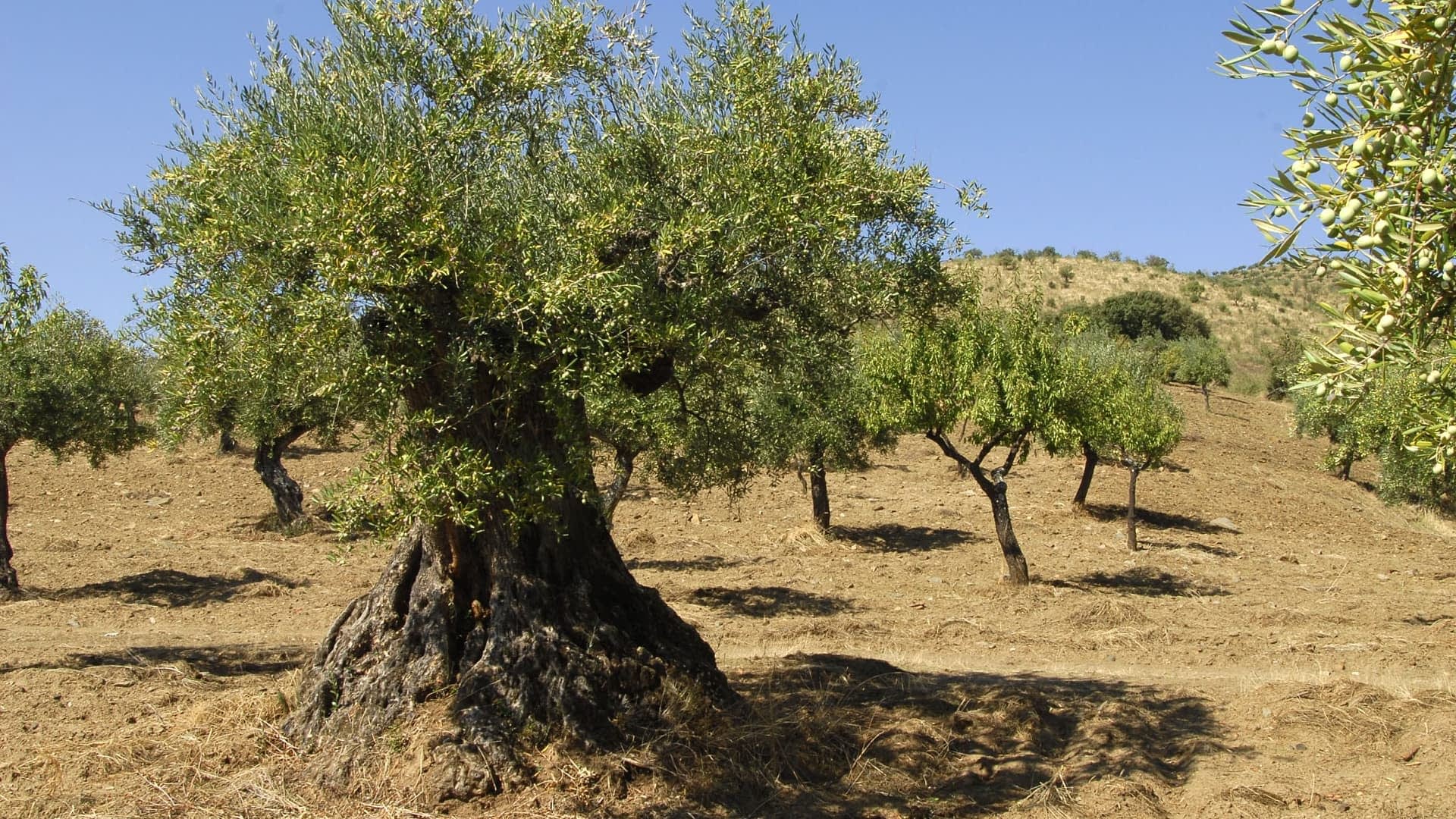
Despite a golden finish to 2023/24, the producers behind CARM said drought and a lack of workers present ongoing challenges. (Photo: CARM)
On the other side of Portugal, in the southern region of the Algarve, the producers behind Viveiros Monterosa calibrated winning a pair of Silver Awards at the NYIOOC.
“Winning these awards is very meaningful, and it recognizes our dedication and work in producing high-quality oils for the past 20 years,” said operations chief Pedro Esperança and commercial director António Duarte.
“In recent years, Portuguese producers have made a big effort to promote the quality of their oils in the domestic market,” they added. “Since this is the biggest international extra virgin olive oil competition, winning an award puts the Portuguese producers among the best oils from other countries, and this helps change the way consumers view the product.”
After a bumper harvest in 2023/24, the company anticipates a slight production decline in the coming harvest as many trees enter an ‘off-year’ in the natural alternate bearing cycle of the olive tree.
Farther north, Sociedade Agrícola Ouro Vegetal (SAOV) was another of the country’s biggest winners.
The company, which Serralha previously told Olive Oil Times represents about two percent of the country’s olive oil production, earned two Gold Awards and three Silver Awards for its range of local monovarietals, a blend and a Picual.
“Throughout the years, the competition has proven to be a valuable resource and good marketing tool for SAOV and our partner Veronica Foods, who supplies a network of North American olive oil retailers,” said Alberto Serralha, the company’s chief executive. “The medals highlight excellence and provide quality assurance to the consumer.”
Serralha said the company experienced a 50 percent production increase compared with 2022/23, but the harvest was still below average.
“Due to early ripening, we started harvesting in late September and had to face challenging weather conditions, including high temperatures and persistent rain,” he said.
“Our utilization of high vacuum malaxation allows instant paste temperature correction, a decisive step to achieving high quality under such adverse conditions,” Serralha added. “Our decision to start harvesting so early helped us complete the harvest without being impacted by fruit diseases.”
Looking ahead to the 2024/25 crop year, Serralha said the situation looks promising for SAOV.
“The expectations are very favorable in terms of crop size and climate conditions,” he said. “We are optimistic and looking forward to beginning the season.”
Other producers across Portugal shared his sentiments.
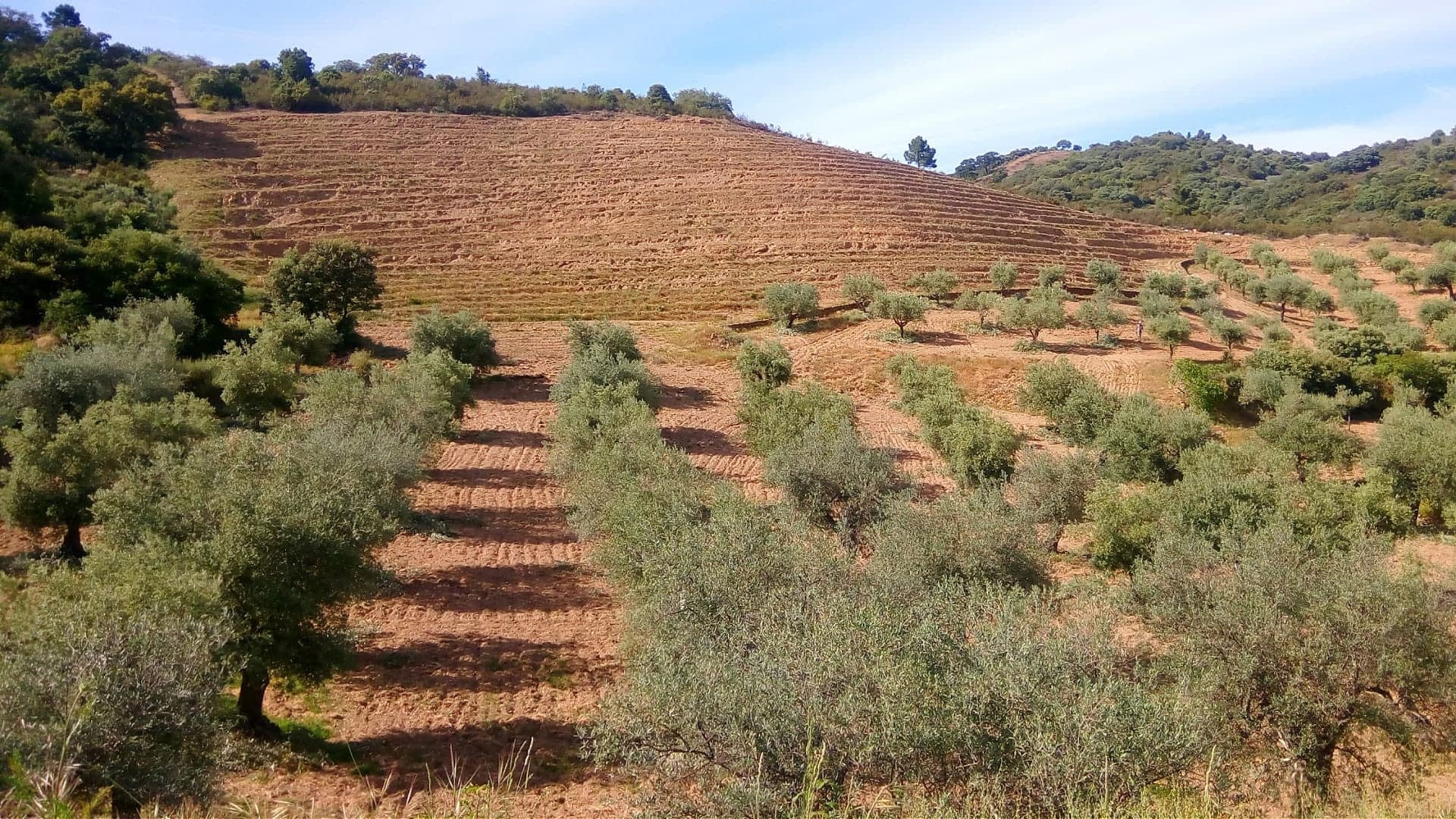
Most producers anticipate another above-average harvest in 2024/25, but are waiting to see if the weather cooperates. (Photo: Quinta dos Olmais)
“Looking ahead to the upcoming harvest, we are optimistic about its current situation,” Alves added. “We have been diligently monitoring the health and development of our olive trees, and conditions have been favorable.”
However, he warned that there is still a long way to go before the harvest begins in early October, and plenty could still change.
“Of course, we remain vigilant about weather patterns,” he said. “Our preparation and dedication give us confidence as we approach the harvest season, but, as always, let’s just hope the weather doesn’t throw us any curveballs before harvest.”
Paredes shared Alves’s sense of caution, also citing unusual weather conditions as a factor that tempers the company’s optimism ahead of the harvest.
“Portugal is experiencing unusual weather with a lot of humidity, which is not typical for this season,” she said. “In the coming weeks, heat waves are predicted, which could affect the fruit by halting its oil production process. We must wait and hope for the best. For now, it seems very similar to last year.”
Share this article


